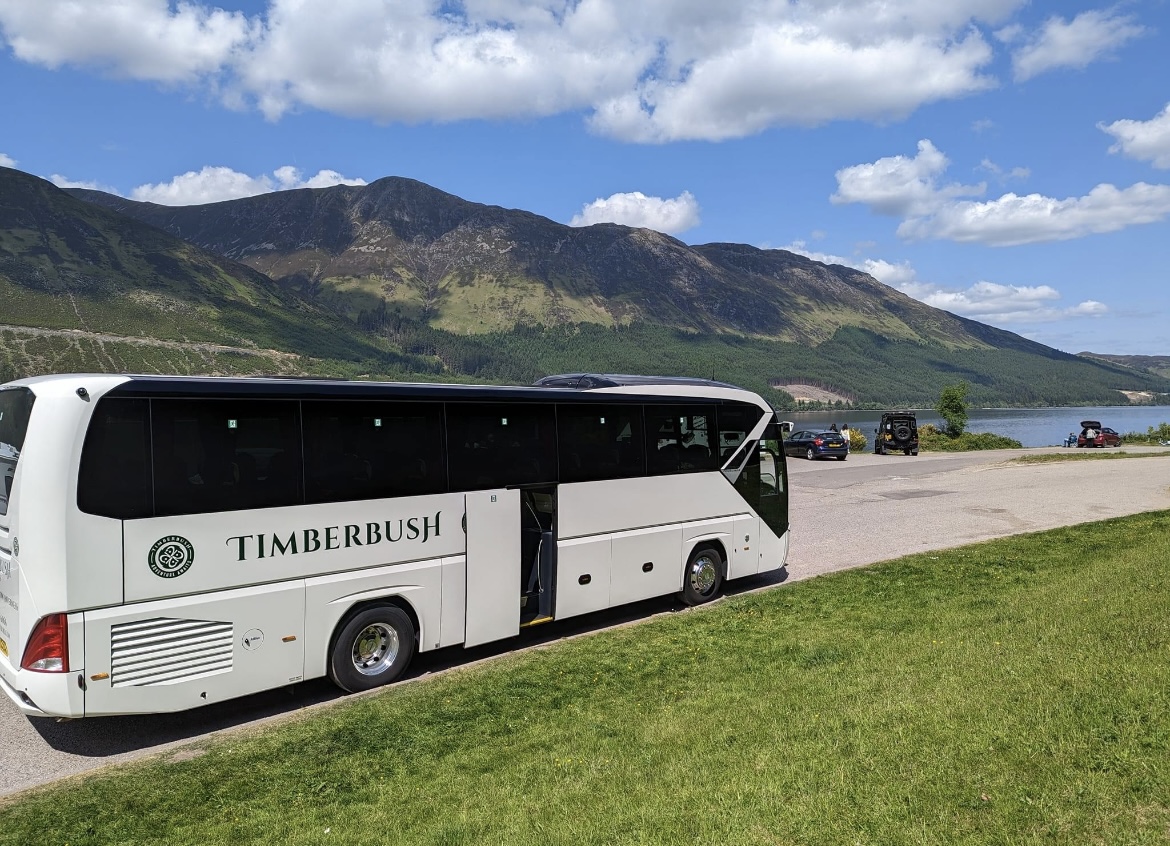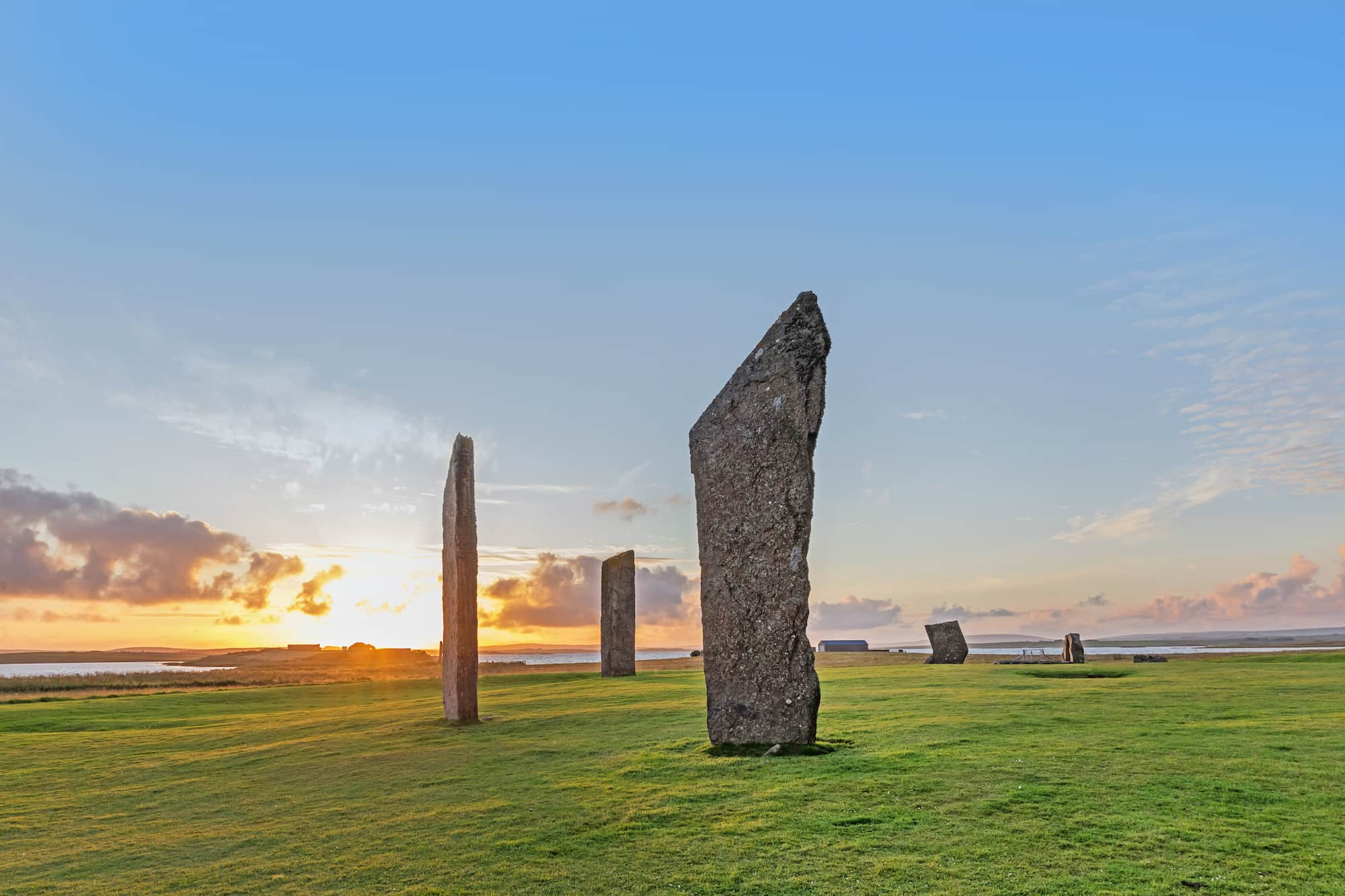So what is whisky? Isn't it just "firewater"?
Not at all! When I was first introduced to whisky, the mere thought conjured up images of Holywood Western films, with cowboys wincing as they slug back oversized shots. This, however, is not always the case. Whiskies can be delicate, light, even floral. It's my aim that you leave this introductory section of our blog feeling like you have the basics on which to build your love of whisky!
So let's get started!
Step One: Know your malts
The simplest way to introduce you to the world of whisky is by getting to know what exactly a Scotch Malt Whisky is. Scotch comes in five different forms:
- Single Malt - produced from only water and malted barley at a single distillery
- Blended Malt - a blend of two or more single malt whiskies from different distilleries
- Blended - a combination of one or more single malts with one or more single grain whiskies
- Blended Grain - a blend of two or more single grain whiskies from different distilleries
- Single Grain - distilled at a single distillery, but in addition to water and unmalted barley, it may also be produced from whole grains of other malted or unmalted cereals
So that's the technical side over and done with! Here's the important part:
What kind of whisky will I enjoy?
Step 2: Recognising your palate
Whiskies come from six different regions of Scotland. Each region has it's own distinct characteristics which can be seen below:
- Highland Whisky: The Highland region encapsulates the majority of Scotland, therefore whiskies from this region vary greatly in character. Whiskies from the Highland region vary from dry to sweet, some smokey, some peaty.
- Lowland Whisky: Typically light in character. Despite its size, this region has the fewest distilleries.
- Speyside Whisky: This small area of land produces sweet, mellow and particularly fruity malt whiskies
- Islay: Known as the home of peaty and smokey whiskies. As the island is the home of 8 distilleries in total, it is often known as, "whisky island"
- Campbelltown: Whiskies from the town generally tend to have a salty, peaty taste, and are medium to full bodied.
- Island Whisky: A diverse whisky region, often producing salty, smokey whiskies. (Please note this is not an official region, more a sub-region that contains all of the whisky-producing islands, excluding Islay)
What whisky is best for a beginner?
Everyone has a different palate when it comes to whisky. Some prefer full-bodied, smokey whiskies, such as Talisker and Lagavulin. Others prefer delicate, floral numbers such as Dalwhinnie or Glenkinchie. It all comes down to sampling.
For all whisky lovers, beginner to expert, I would recommend taking a whisky distillery tour, accompanied with a tasting. Your Guide at the distillery will be able to give you sound advice and may even let you sample whiskies from each region to see what you find particularly appealing.
Alternatively, if you're out of the country and won't have the opportunity to visit a Scotch Whisky Distillery, I'd recommend visiting your local whisky society, who will also be able to assist you on getting to know your palate.
If you'd like to know more about whiskies and their regions, I find the following map incredibly helpful when deciding which new malt to try:



